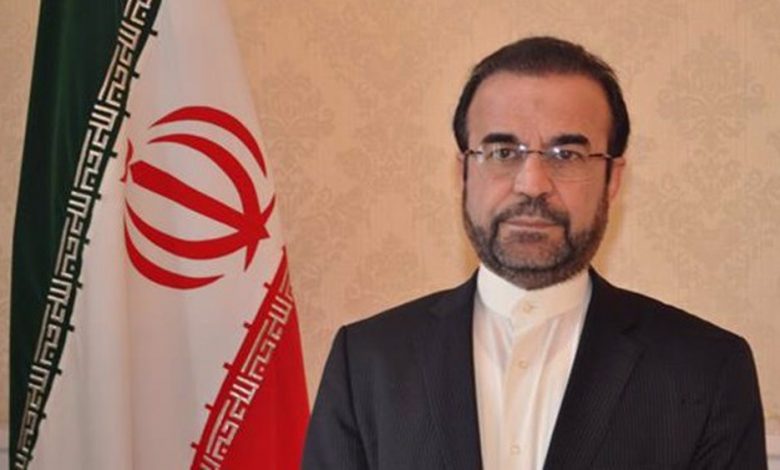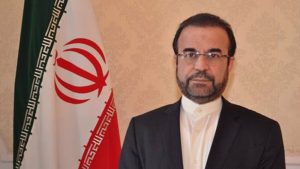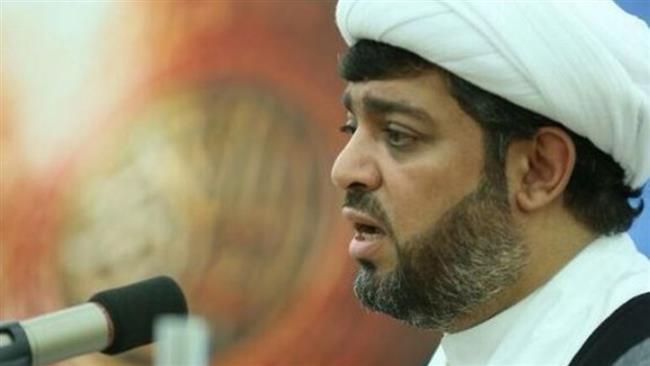Iran denounces any form of hostility, discrimination against religious minorities, especially Muslims
A senior official has denounced attempts by certain Western countries to promote Islamophobia and hate speech under the pretext of freedom of speech, stressing that any act of hostility and discrimination against religious minorities, especially Muslims, will result in spread of violence and extremism.

Iran’s Deputy Foreign Minister for Legal and International Affairs, Reza Najafi, made the remarks in a meeting to commemorate the 30th anniversary of the adoption of Declaration on the Rights of Persons Belonging to National or Ethnic, Religious and Linguistic Minorities, which was held on the sidelines of the 77th United Nations General Assembly session in New York on Thursday evening.
Najafi noted that he represents a country, which constitutes different cultures, religions, ethnicities and languages, is guided by true teachings of Islam and is inspired by the long history of tolerance among religions and peaceful coexistence among followers of Abrahamic religions.
The senior Iranian official stressed that Iranians are a united nation irrespective of their languages and races.
He went on to point to the measures taken in Iran to ensure the rights of minorities, stating that the unilateral coercive measures and cruel economic sanctions imposed by the United States have had negative impacts and created obstacles on the path of the realization of people’s rights.
Najafi highlighted that everyone is equal before the law and has the right to be treated with dignity and respect.
“However, any protection of the rights of minorities should not interfere with the legal and legitimate sovereign rights of the member states, as well as the principle of non-interference in the internal affairs of the states, as stated in the declaration,” the Iranian deputy foreign minister underscored.
“We all have a vital responsibility to provide equal opportunities for the people of our country within the framework of international law, and take into account our distinctive characteristics in national policies, laws and regulations as well as all cultural and moral values,” Najafi concluded.





